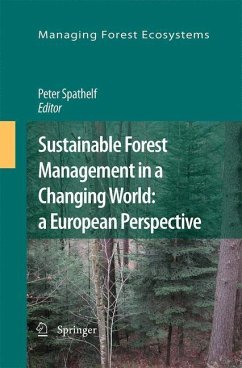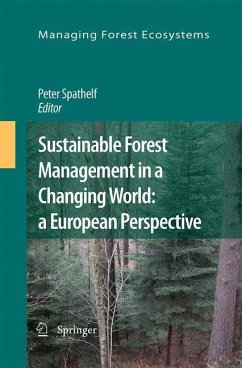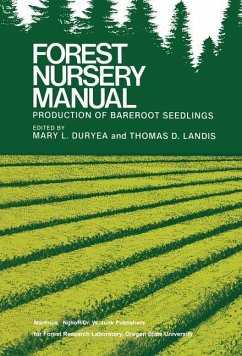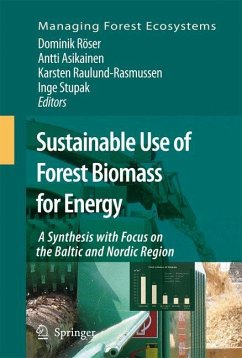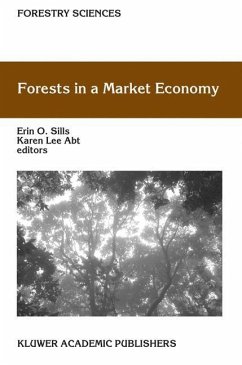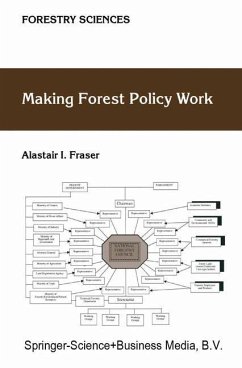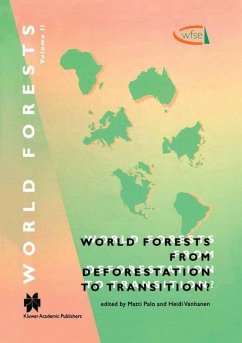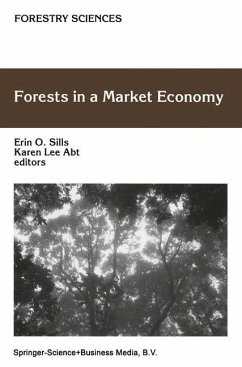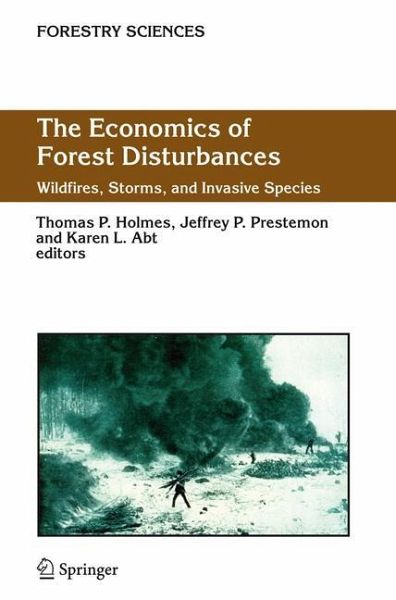
The Economics of Forest Disturbances
Wildfires, Storms, and Invasive Species
Herausgegeben: Holmes, Thomas P.; Prestemon, Jeffrey P.; Abt, Karen L.
Versandkostenfrei!
Versandfertig in 1-2 Wochen
153,99 €
inkl. MwSt.

PAYBACK Punkte
77 °P sammeln!
by Peter J. Roussopoulos, Director, Southern Research Station The world and its ecosystems are repeatedly punctuated by natural disturbances, and human societies must learn to manage this reality Often severe and unp- dictable, dynamic natural forces disrupt human welfare and alter the structure and composition of natural systems Over the past century, land management ag- cies within the United States have relied on science to improve the sustainable management of natural resources Forest economics research can help advance this scientifc basis by integrating knowledge of forest disturbance pr...
by Peter J. Roussopoulos, Director, Southern Research Station The world and its ecosystems are repeatedly punctuated by natural disturbances, and human societies must learn to manage this reality Often severe and unp- dictable, dynamic natural forces disrupt human welfare and alter the structure and composition of natural systems Over the past century, land management ag- cies within the United States have relied on science to improve the sustainable management of natural resources Forest economics research can help advance this scientifc basis by integrating knowledge of forest disturbance processes with their economic causes and consequences As the twenty-frst century unfolds, people increasingly seek the goods and services provided by forest ecosystems, not only for wood supply, clean water, and leisure pursuits, but also to establish residential communities that are removed from the hustle and bustle of urban life As vividly demonstrated during the past few years, Santa Ana winds can blow wildfres down from the mountains of California, incinerating homes as readily as vegetation in the canyons below Hurricanes can fatten large swaths of forest land, while associated foods create havoc for urban and rural residents alike Less dramatic, but more insidious, trees and forest stands are succumbing to exotic insects and diseases, causing economic losses to private property values (including timber) as well as scenic and recreation values As human demands on public and private forests expand, science-based solutions need to be identifed so that social needs can be balanced with the vagaries of forest disturbance processes





